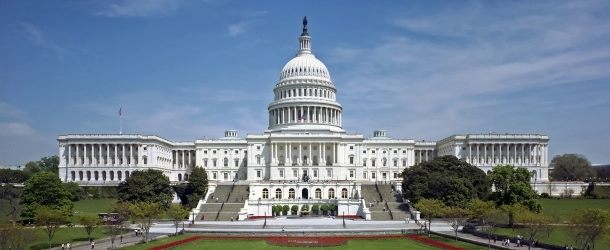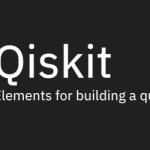Two Years Into the US Government’s National Quantum Initiative (NQI Act)

(NextGov) December 21 marked two years since the passage of the National Quantum Initiative, or NQI Act.
“I would say in five years, something we’d love to see is … a better idea of, ‘What are the applications for a quantum computer that’s buildable in the next five to 10 years, that would be beneficial to society?’” the Office of Science and Technology Policy Assistant Director for Quantum Information Science Dr. Charles Tahan told Nextgov in an interview. He also serves as the director of the National Quantum Coordination Office—a cooperation-pushing hub established by the legislation.
“Now, everything that’s been called out in the act has been established—it’s started up,” Tahan explained. He noted the three agencies with weighty responsibilities spent 2019 planning out their courses of action within their communities, and this year, subsequently launched weighty new efforts.
One of the latest was unveiled in August by the Energy Department, which awarded $625 million over five years—subject to appropriations—to its Argonne, Brookhaven, Fermi, Oak Ridge and Lawrence Berkeley national laboratories to establish QIS Research Centers. Academic and private-sector institutions also pledged to provide $340 million in contributions for the work.
“These are about $25 million each—that’s a tremendous amount of students, and postdocs, and researchers,” Tahan said. “And those are spread out across the country, focusing on all different areas of quantum: computing, sensing and networking.”
NSF this summer also revealed the formation of new Quantum Leap Challenge Institutes to tackle fundamental research hurdles in quantum information science and engineering over the next half-decade. The University of Colorado, University of Illinois-Urbana-Champaign, and University of California, Berkeley are set to head and house the first three institutes.
Together with NSF, OSTP also helped set in motion the National Q-12 Education Partnership. It intends to connect public, private and academic sector quantum players and cohesively create and release learning materials to help U.S. educators produce new courses to engage students with quantum fields.
The NQI Act also presented new opportunities for industry. Meeting the law’s requirements, NIST helped convene a consortium of cross-sector stakeholders to strategically confront existing quantum-related technology, standards and workforce gaps, and needs.
This fall also brought the launch of quantum.gov, a one-stop website streamlining federal work and policies.
“As the technology gets more and more advanced, how do we be first to realize everything but also protect our investments?” Tahan said. “And getting that balance right is going to require careful policy thinking about how to update the way the United States does things.”
Vice President-elect Kamala Harris previously put forth legislation to broadly advance quantum research, but at this point, the Biden administration hasn’t publicly shared any intentions to prioritize government-steered ongoing or future quantum efforts.























